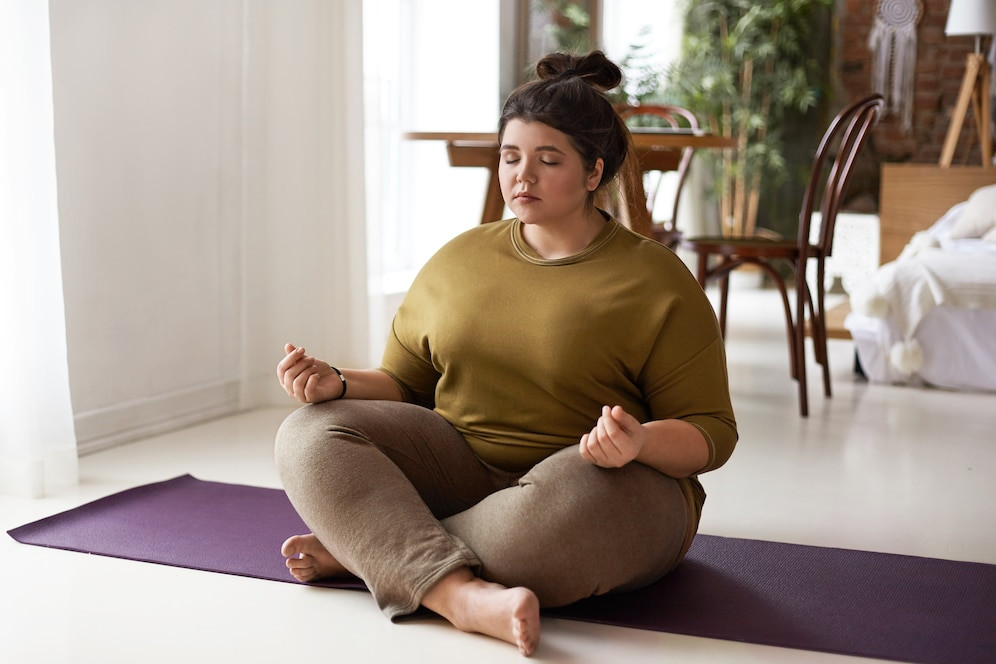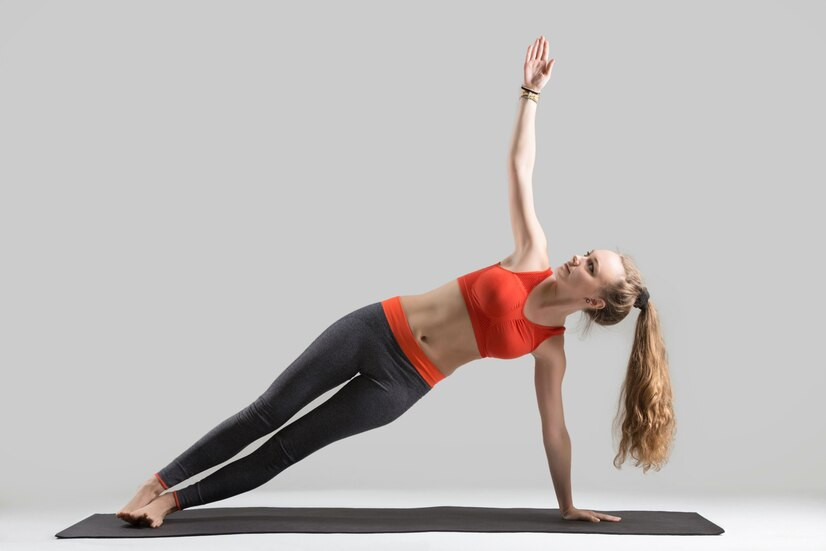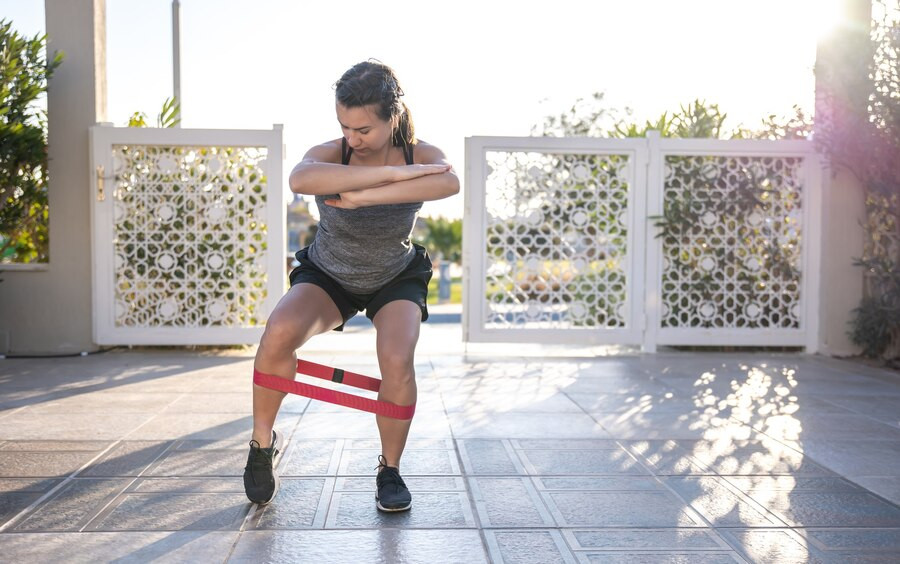Walking is a simple form of exercise that offers numerous health benefits. With just a pair of comfortable shoes, you can walk almost anywhere—around your house, in the park, or at work.
Not everyone has the time for intense workouts, but many people can manage to walk for about 30 minutes a day. The question is: is this short period enough to maintain good health?
Health Benefits of a 30-Minute Walk
Numerous studies have shown that walking for just 30 minutes daily can offer a variety of health benefits, including:
Improve cardiovascular health
Walking regularly, even for just 30 minutes a day, can elevate your heart rate and boost circulation. This activity helps maintain the elasticity of blood vessels, lowers blood pressure, and reduces the risk of heart disease.
Manage weight
While walking may not burn as many calories as more intense exercises, a 30-minute walk can burn approximately 100-150 calories, depending on your weight and walking speed.
Reduce the risk of chronic diseases
Regular walking can lower the risk of chronic conditions like type 2 diabetes and certain cancers. Studies show that moderate physical activity, including walking, increases insulin sensitivity, which is crucial for managing blood sugar levels.
Improve mood and reduce stress
Walking is known to have a positive impact on mental well-being. As you walk, your body releases endorphins, which are chemicals that improve mood and reduce stress. Walking not only provides a time to unwind but is also effective in alleviating anxiety.
Is a 30-Minute Walk Enough to Maintain Health?
Whether 30 minutes of walking is sufficient to maintain health depends on your personal goals and current health conditions. Several factors play a role in determining if this amount of walking is enough, including:
Fitness goals
If your goal is to maintain general health and balance, then 30 minutes of walking each day should suffice. However, if you aim to lose a significant amount of weight, you may need to complement walking with other exercises or extend the duration of your walks.
Intensity level
The intensity of your walk influences the benefits you get. Walking at a moderate to brisk pace will yield better results compared to walking at a slow pace.
To improve cardiovascular health and burn more calories, try walking at a speed of 4-6 km per hour. For a more intense workout, consider walking on an incline or using a treadmill with an incline setting.
Health conditions
Before starting any exercise regimen, including walking, it is essential to consult with a doctor, especially if you have underlying health conditions. For issues such as joint pain or heart problems, avoid overexerting yourself and choose exercises that are suitable for your physical abilities.
How to Maximize the Benefits of a 30-Minute Walk
If you’re limited to just 30 minutes of walking, there are several ways to enhance the benefits:
- Choose a scenic route like a park or an area with beautiful surroundings to make your walk more enjoyable.
- Wear comfortable shoes and focus on maintaining good posture to avoid injuries.
- Gradually increase your walking speed or distance over time.
- Add variety by walking on inclines or uneven terrain to burn more calories.
- Try walking briskly for a few minutes and then returning to a normal pace.
- Use your arms actively while walking to engage more muscles and increase calorie expenditure.
To ensure your exercise routine aligns with your health and fitness goals, consider consulting a healthcare professional. You can also use the health consultation service on the Ai Care app, available for download on both the App Store and Play Store.
Looking for more information about health tips and tricks, first aid, and other home remedies? Click here!
- dr Nadia Opmalina
Better Health Channel. Walking for good health. Available from: https://www.betterhealth.vic.gov.au/health/healthyliving/walking-for-good-health
Rachel MacPherson, BA, CPT (2023). What Happens to Your Body When You Walk 30 Minutes Per Day. Available from: https://www.verywellfit.com/walking-30-minutes-per-day-7969716
American Diabetes Association. Blood Glucose and Exercise. Available from: https://diabetes.org/health-wellness/fitness/blood-glucose-and-exercise
Jill Corleone, RD (2024). Walking for Weight Loss: How to Burn More Calories and Lose Weight. Available from: https://www.verywellfit.com/how-long-should-you-walk-to-lose-weight-3432706
Malia Frey, MA, ACE-CHC, CPT (2024). How Long Should You Work Out Every Day?. Available from: https://www.verywellfit.com/how-long-should-i-work-out-3495483
Edward R. Laskowski, M.D. (2023). How much should the average adult exercise every day?. Available from: https://www.mayoclinic.org/healthy-lifestyle/fitness/expert-answers/exercise/faq-20057916












